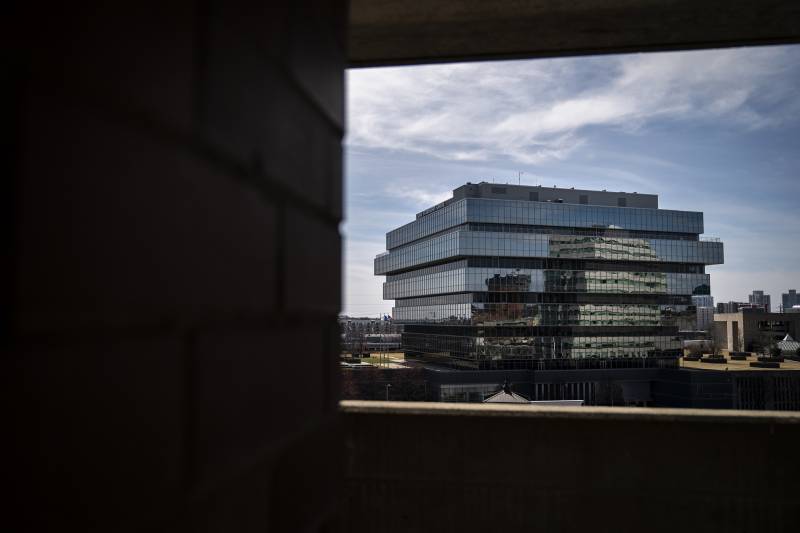San Francisco would have only been eligible for funds through the state, which was in line for $486 million, according to Attorney General Rob Bonta. How those funds would be distributed to cities like San Francisco had not yet been determined.
What comes next for San Francisco and the thousands of cities, states, tribes and individuals with cases against Purdue and the Sacklers is still up in the air, according to UC Davis law professor John Hunt.
The bankruptcy court’s stay on these cases appears to still be in place, he said, and a renegotiation process could happen.
If these negotiations fall apart, Hunt said, the Sackler family might declare bankruptcy themselves, which would allow them to enter into a new settlement negotiation with plaintiffs. Otherwise, cases like San Francisco’s could be handled individually.
“I would expect that if they’re facing 2,600 individual plaintiffs, plus large cities, I think it’s pretty likely they would go into bankruptcy — that’s kind of what bankruptcy is to deal with,” he said. “On the other hand, they might fight it; they have the means.”
Whether entities would get larger payouts from individual cases could vary, Hunt said.
The San Francisco city attorney’s office is figuring out what will come next for its case, according to spokesperson Jen Kwart.
“We are still evaluating the decision, but it is unlikely to have an immediate impact on San Francisco’s case against Purdue Pharma or the Sackler defendants,” she said. “San Francisco’s case against Purdue and the Sacklers is pending before Judge Charles Breyer.”
In the past, money allocated to California in other major opioid settlement cases has been used for distributing naloxone, opioid education training and overdose prevention and harm reduction efforts, among other initiatives.
San Francisco has approved opioid abatement settlements with other drug manufacturing and distributing companies totaling more than $350 million. In 2023, the city won a $230 million settlement from Walgreens after a federal judge ruled the pharmacy chain could be held liable for filling hundreds of thousands of “red flag” prescriptions without investigation. The funds gained through that settlement are set to go to addressing the city’s opioid crisis.
While the Supreme Court’s decision means settlement negotiations in the Purdue Pharma case could continue and money to plaintiffs will be further delayed, Bonta said the ruling could be a good thing.
“Today’s decision will allow those that have suffered at the hands of the Sacklers to hold them accountable for their greed and willful misconduct,” the attorney general said in a statement on Thursday.
Last September, he and the attorneys general of Oregon and Connecticut filed a letter (PDF) with the Supreme Court saying they believed nonconsensual third party releases in the Purdue case would be unlawful.

